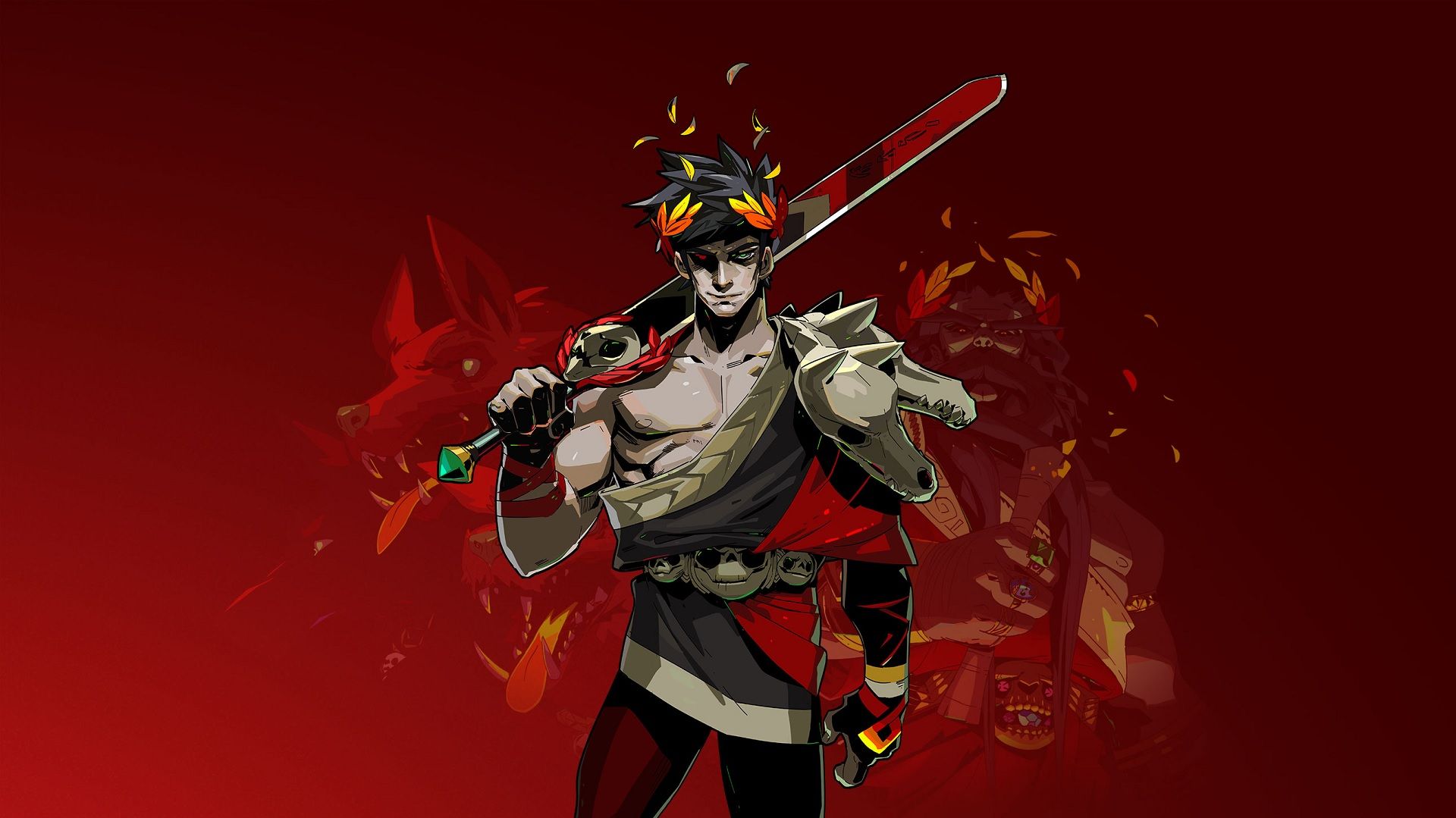Hell with a Heart: Storytelling in Hades
A beautifully written story sets Hades above other roguelikes

As someone who really enjoyed the stories in Greek mythology as a kid, I’m impressed with what Supergiant Games has done with the setting. The writers of Hades deserve credit for their thoughtful handling of the source material. They’ve managed to re-work these old stories for our current culture; on many occasions, they’ve challenged traditional versions of these myths without the whole thing feeling forced. The setting isn’t just superficial window-dressing. It’s not just painted Greek as an excuse to fight ax-wielding Minotaurs (although that is a thing). The larger-than-life figures from antiquity are used to explore the intricacies and pitfalls of human relationships in our time and culture. Going beyond just re-hashing the stories and characters from the myths, the writers of Hades get at the root of why we make myths in the first place; to explain the world around us.

Hades follows Zagreus, son of the God of the Underworld, as he rebels against his dad and tries to fight his way to the surface through various parts of the Underworld. A number of characters from Greek mythology make an appearance as both friends and foes, and it’s possible to learn more about their stories and alter Zagreus’ relationship with them. This is done quite slowly and deliberately; each run through the dungeons and each visit to the hub area in the House of Hades yields a tiny bit of new conversation. The game’s world is full of interesting, well-written characters and I found that getting to that next little trickle of conversation with them was the main incentive behind most of my playthroughs.
The various conflicts within/between the House of Hades and Olympus serve as engaging allegories for present-day human relationships and the issues associated with them. Zagreus is part of a non-traditional family. Achilles is a traumatized gay war veteran longing for his lost love and filled with regret at all of the indelible blood on his hands. Hades is a conservative traditionalist father-figure struggling with the prospect of having to change for the sake of the people around him. Orpheus is an emo musician.
A lot of the fun I’ve had with this game has been slowly progressing through all of the individual stories on offer, and watching relationships change and develop. Between the writing and the voice-acting, this is all accomplished with a good deal of nuance and heart.

While much of the gameplay involves beating the ever-loving crap out of things, the narrative is always there to add context and a sort of dialectical dimension to the whole thing. Many of the game’s fights aren’t ultimately about vanquishing your opponent; they’re about getting to know them better (though you totally still need to vanquish them at some point). These clashes, when repeated enough times, fundamentally alter Zagreus’ relationships with certain characters.
The writers of Hades managed to turn its frantic, violent hack ’n’ slash gameplay loop into, at its core, a quest for greater mutual understanding. These bits of narrative brilliance are hard to spot from the screenshots on the Steam page, and I initially gave Hades a pass when I saw it pop up as part of a Steam sale. I’m glad a friend’s recommendation changed my mind because, from a storytelling perspective, it’s one of the most impressive games I’ve played in recent memory.
